
 Instagram
Instagram
7 Best HRT for Hair Loss: Reviewed by Experts
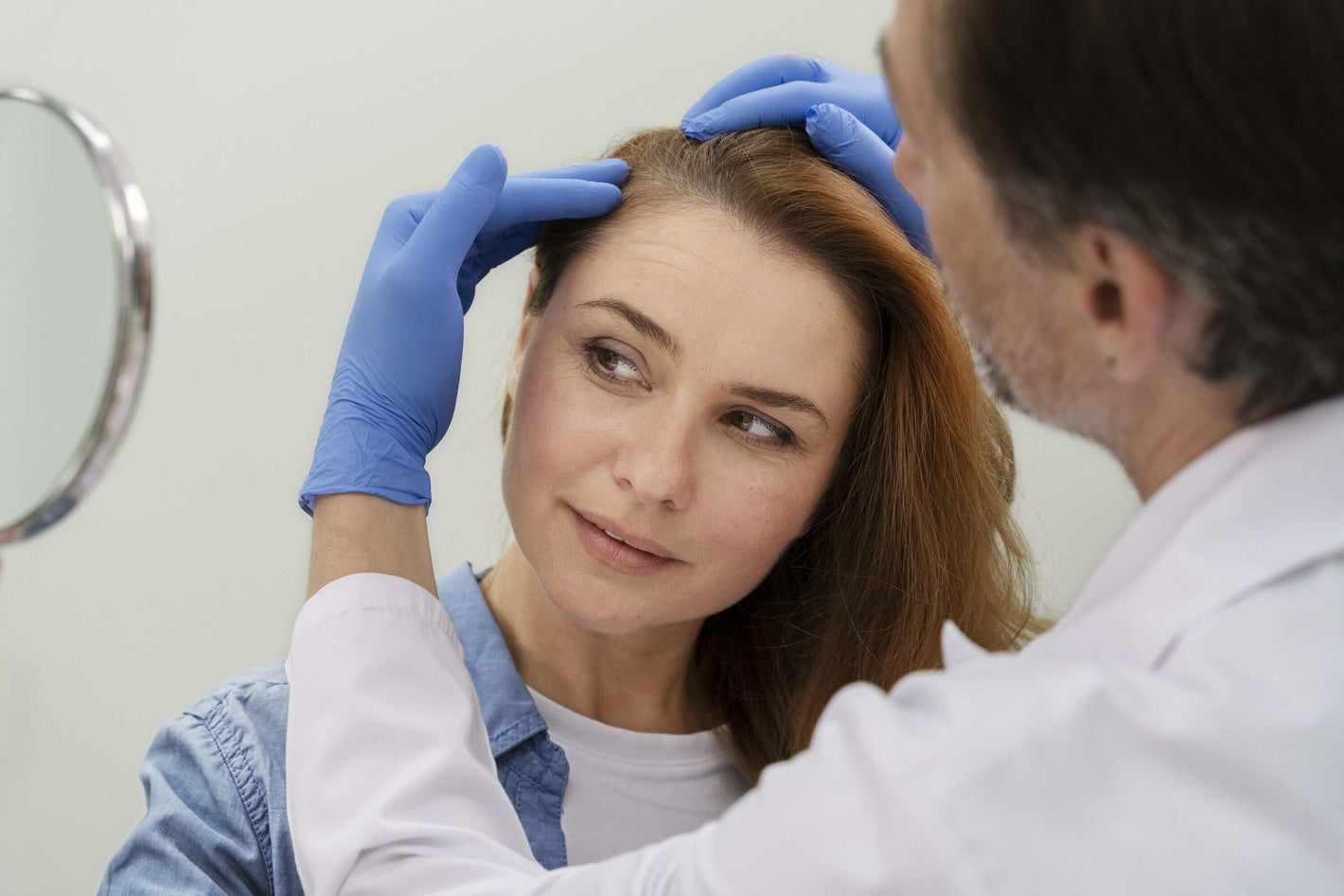
Related products
Hair loss is a common issue regardless of gender and is mostly linked to hormonal imbalances and fluctuations. Other factors, such as environmental factors, genes, and lifestyle, have some role, but they are minor. Many causes of hair loss and thinning are, in fact, directly or indirectly related to hormonal changes.

Hormone replacement therapy (HRT) is a treatment for hormone-related issues and is a great choice for those suffering from hormone-related hair loss. This article is intended to raise awareness about various HRT solutions to combat hair loss. Our experts review the content to help users determine the best solution. Just stay with us, and if you want to know about the pros and cons of HRT, visit our informative blog.
Oestrogen therapy
It is one of the most famous HRT therapies for women who experience hair loss due to hormonal imbalances and menopause. According to a review by Healthline, a decrease in the oestrogen level causes shrinkage of follicles and hair loss. Oestrogen promotes the density and growth of the hair follicles by allowing the hairs to spend more time in the growing or anagen phase.
Due to a drop in oestrogen levels after menopause, hair follicles become thinner and thinner and shed more rapidly than usual. Oestrogen therapy restores these levels, offers the necessary support to the hair follicles, and allows them to stay longer in the growing phase.
Oestrogen therapy is available in many forms, e.g., creams, patches, and oral tablets. Estradiol (a synthetic form of oestrogen) is popular due to its ease of use and extreme efficacy. Many clinical experts prefer bioidentical oestrogen, which is naturally sourced and structurally very similar to oestrogen, and clients with more natural choices also prefer it.

Oestrogen therapy is a game changer for those women who are struggling with hormonal hair loss, says Dr Sarah Field, MD, a famous hormone specialist and allergist. The rebalance of oestrogen levels causes healthier and thicker hair in many people.
Given the importance of oestradiol for hair health, we have discussed normal oestradiol levels in a separate blog and have an Oestradiol Blood Test that helps measure its levels in the comfort of our homes. Never hesitate to contact us for any information about this test.
Progesterone therapy
Many clinical experts combine progesterone with oestrogen to better balance hormone levels. According to AKDOA Pharmacy, progesterone counteracts oestrogen dominance, which is often a cause of hair shedding. The addition of progesterone ensures a more balanced hormonal environment and reduces the hair loss associated with hormonal imbalances.
It is available in topically applicable and oral formulations, and both forms positively affect hair density and growth. Many patients have noted that the combination of oestrogen and progesterone is effective not just in improving hair Strength but also in managing hot flashes, insomnia, mood swings, and other symptoms associated with hormonal balances.
Clinical experts, e.g., Dr Monika Grymowicz (Medical University of Warsaw, Poland), have stated that a combination of oestrogen and progesterone is beneficial for women who are struggling with hormonal fluctuations associated with menopause and perimenopause.
We have detailed more information about progesterone in another article titled, 'What is progesterone?'. Visit us to read it.
Spironolactone
It is one of the anti-androgen medications used to treat hair loss, particularly in women. It reduces DHT levels and blocks the androgen receptors, which works best for those with androgenic alopecia. Besides lowering the levels of DHT, it is a mild diuretic and is useful to alleviate swelling and bloating often linked to hormonal imbalances.
Women with higher androgen levels experience polycystic ovarian syndrome and many other related illnesses, and this treatment is highly effective for this purpose. Prof. Karen Liu, one of the leading endocrinologists working for the Hong Kong Polytechnic Institute, noted that spironolactone has remarkable results in controlling androgen-associated hair loss and is useful for women with hormonal sensitivity.
However, it is prescribed after a thorough assessment, as it affects potassium levels and blood pressure.

Finasteride (Propecia)
Finasteride or Propecia is a well-known treatment for hair thinning and hair loss in men and only in some women, particularly if used under the guidance of a doctor. It inhibits an enzyme known as 5-alpha reductase, which converts testosterone into DHT, a leading cause of hair loss.
Reducing DHT levels slows down hair loss and can even cause hair regrowth in some cases. According to Dr Ian Rosen, MD, a renowned dermatologist specialising in hair loss treatments, it is mostly effective for people with androgenic alopecia. This genetic condition causes the hair follicles to become more sensitive to DHT.
It is very effective for people sensitive to DHT levels and reduces hair loss in such people. Its consistent use produces visible results in most patients within 6-9 months. However, women must not use it without the doctor's consultation as it works mainly for men and can cause side effects in women.
We have not just oral finasteride tablets in our collections, but we have also explained how topical finasteride works and what the side effects of finasteride are. Visit us for this wealth of information.
Testosterone therapy
Testosterone and its products, particularly DHT, are among the causes of hair loss. However, in some cases, testosterone therapy helps those who are experiencing hair thinning due to testosterone deficiency and lower levels. It occurs more commonly in men than women, as testosterone causes hair growth in some areas of the body and inhibits it in other areas.
A decrease in testosterone levels causes fatigue, poor muscle mass, and reduced hair growth. Testosterone therapy, particularly in men, helps treat hair growth and improves overall vitality.
However, it is necessary to consult the doctors and undergo testosterone therapy only under the guidance of an expert as excessive testosterone is converted into DHT, further causing hair loss, says Dr Richard Goldstein, a renowned endocrinologist. So, it is necessary to prevent DHT accumulation.
Our Testosterone Replacement Therapy Blood Test is a valuable tool for monitoring testosterone levels in those receiving this therapy. Visit our page to get your test kit for just £69.00.
Minoxidil, in combination with an HRT
Minoxidil (Rogaine) is a topical solution that promotes hair regrowth and helps prevent hair loss. It is not part of HRT, but it complements hormonal therapies, particularly if hair loss is due to a combination of genetic and hormonal factors. It improves blood flow into the hair follicles, prolongs the growth phase of the hair, and supports overall hair health.
A combination of minoxidil and HRT has a synergistic effect, particularly for those with hormone-related hair loss. So, while minoxidil improves the health of hair follicles by causing better blood flow, HRT balances the hormones for better and Longer-Lasting effects, says Dr Michael Cheng, a famous trichologist.

It is a powerful combination, particularly for those who have hair loss due to multiple factors. Our collections include Sons Minoxidil 5% Solution and Regaine Extra Strength Solution for Men. Visit us to buy these products.
Bioidentical Hormone Therapy (BHT)
Bioidentical Hormone Therapy (BHT) is becoming increasingly popular due to its natural appeal. The bioidentical hormones used in BHT are derived from plants and are identical to the hormones naturally produced inside the body. These hormones include testosterone, progesterone, and oestrogen, and they have become highly personalised treatments as they fulfil the body's needs.
BHT offers good results by stabilising the hormonal level and mitigating the imbalances associated with hair loss and thinning. Bioidentical oestrogen and progesterone are particularly important for women experiencing perimenopause or menopause.
According to Dr Elizabeth Harding, a family physician in hormone health working for US News Health, bioidentical hormones allow patients to feel natural and manage their symptoms without exposure to the harsh side effects of other synthetic chemicals. However, it is advised that patients considering BHT consult a healthcare provider for accurate dosages and better monitoring of the results only if signs indicate they need HRT.
Choice of an HRT for hair loss
The choice of an HRT is an individual matter and depends upon personal needs, hormone profiles, and healthcare professionals' recommendations. It is advised to cooperate with an endocrinologist or a registered healthcare provider to determine the underlying causes of hair loss and assess hormone levels.
Other important considerations are the side effects of therapies, hormonal imbalances, and the fitness of the HRT for the patient's hormonal profile. These factors ensure a successful HRT with minimal side effects.
Frequently Asked Questions
Which HRT offers the best results for hair thinning?
A combination of progesterone and oestrogen offers the best results for those with hormonal hair loss. However, the nature of therapies differs for different people, and it is necessary to consult a healthcare provider.
Which product is the best hair loss treatment option?
There are many choices, but minoxidil (Rogaine) is regarded as one of the most effective hair loss treatments. It is a topical application that improves almost 70% of people's hair. It is a recommended choice for those who are looking to regrow the hair lost during hair loss.
What are the big three treatments for hair loss?
According to experts, a combination of ketoconazole, finasteride, and minoxidil is an effective treatment for hormonal hair loss in most people. However, not all clinical experts agree, and there are many disagreements among them.
How effective is the HRT in causing hair regrowth?
In the body, testosterone is converted into a hormone known as dihydrotestosterone (DHT). In androgenic alopecia, the hair follicles become extremely sensitive to DHT due to some genetic factors. The follicles start shrinking and becoming thinner, ultimately stopping growth. The HRT treatments are effective, and a study noted beneficial effects in 70% of the people using minoxidil.
Which treatment offers a permanent solution for hair loss?
Hair transplant offers permanent results to people with hair loss, and this solution doesn't reverse, as happens with HRT. In this process, hair follicles or patches are removed from one part of the scalp and grafted into the affected part. This restorative surgery offers the best and permanent results.
Which hormone causes an increase in hair thickness?
Androgen hormones, or 'male hormones, ' like testosterone and DHEA, play an important role in hair regrowth. In females, the oestrogen hormone is involved in hair growth as it attaches to the hair follicles and causes rapid growth.

Bottom-line
Hormonal replacement therapy (HRT) is one of the most promising solutions for hair loss, particularly hormone-related hair loss. From various DHT blockers, e.g., spironolactone and finasteride, to progesterone and oestrogen, each HRT addresses the hormonal causes of hair loss and thinning and supports hair regrowth.
The choice of an HRT is a personal issue that must be settled after consultation with the doctor, as each therapy is unique and has unique considerations and benefits for hair growth. The HRT can restore hair growth and offer relief for those suffering from hormonal hair loss, provided that it is monitored carefully and done under expert guidance.
Our collection, 'HRT Treatment,' has many HRT treatment regimes for those planning to undergo HRT treatment. Visit our page to find the desired ones and consult our doctors through our Private GP Appointment Online to discuss your health concerns.

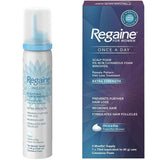


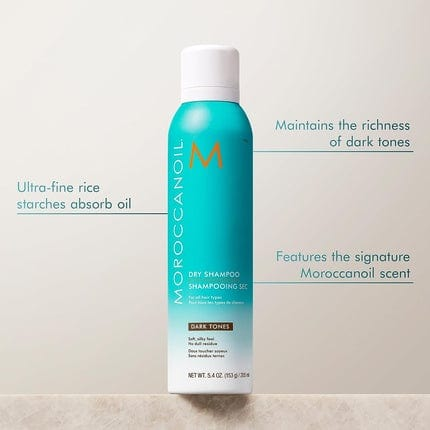

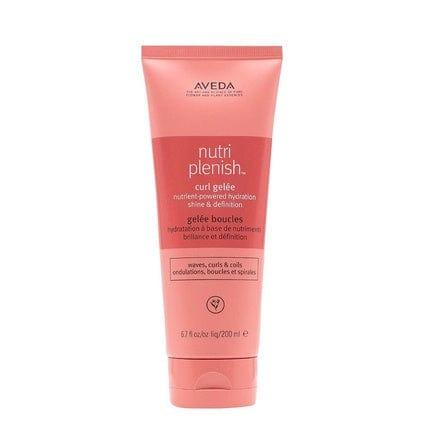

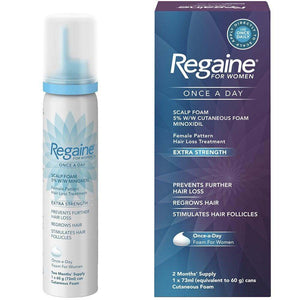
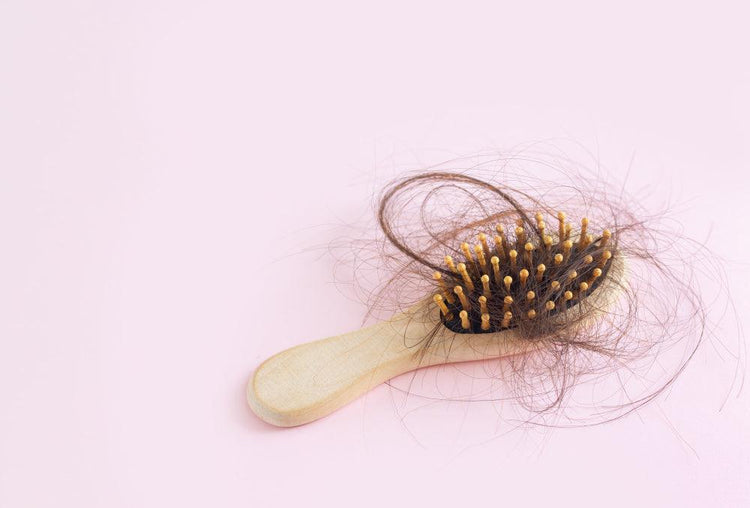

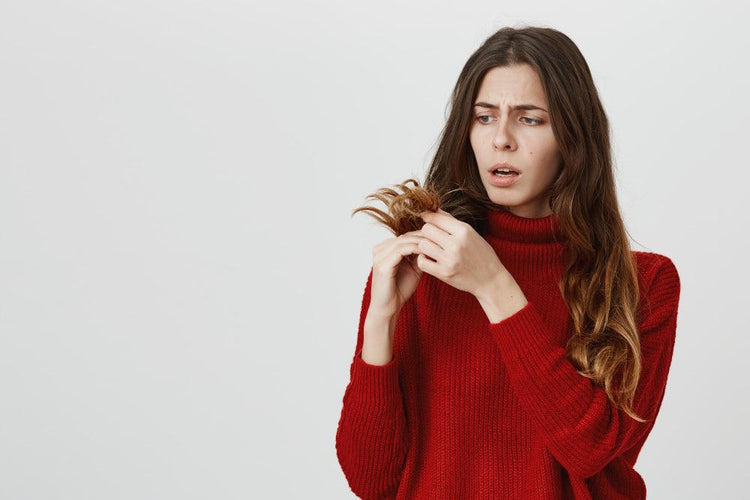
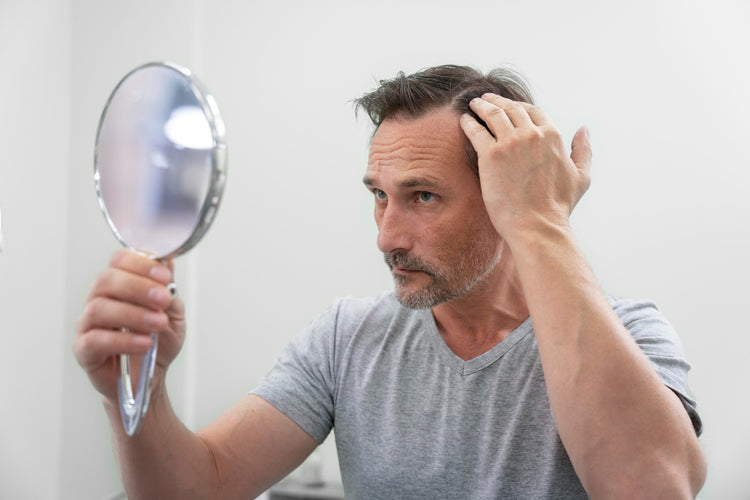



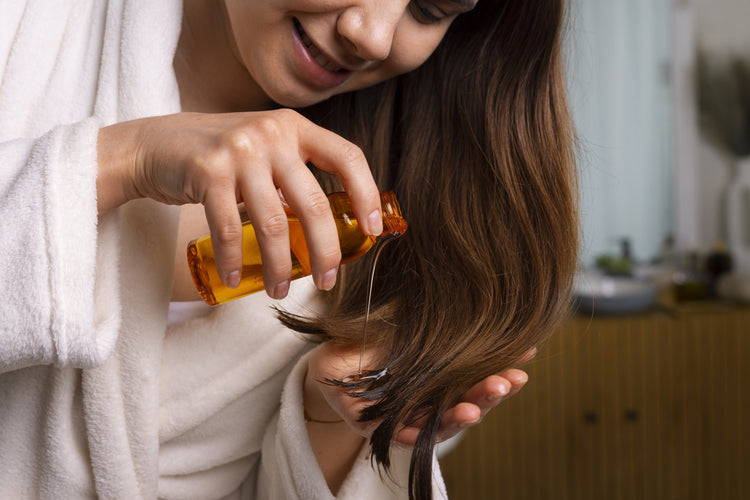

 Rated Excellent by 26,523+ Reviews
Rated Excellent by 26,523+ Reviews